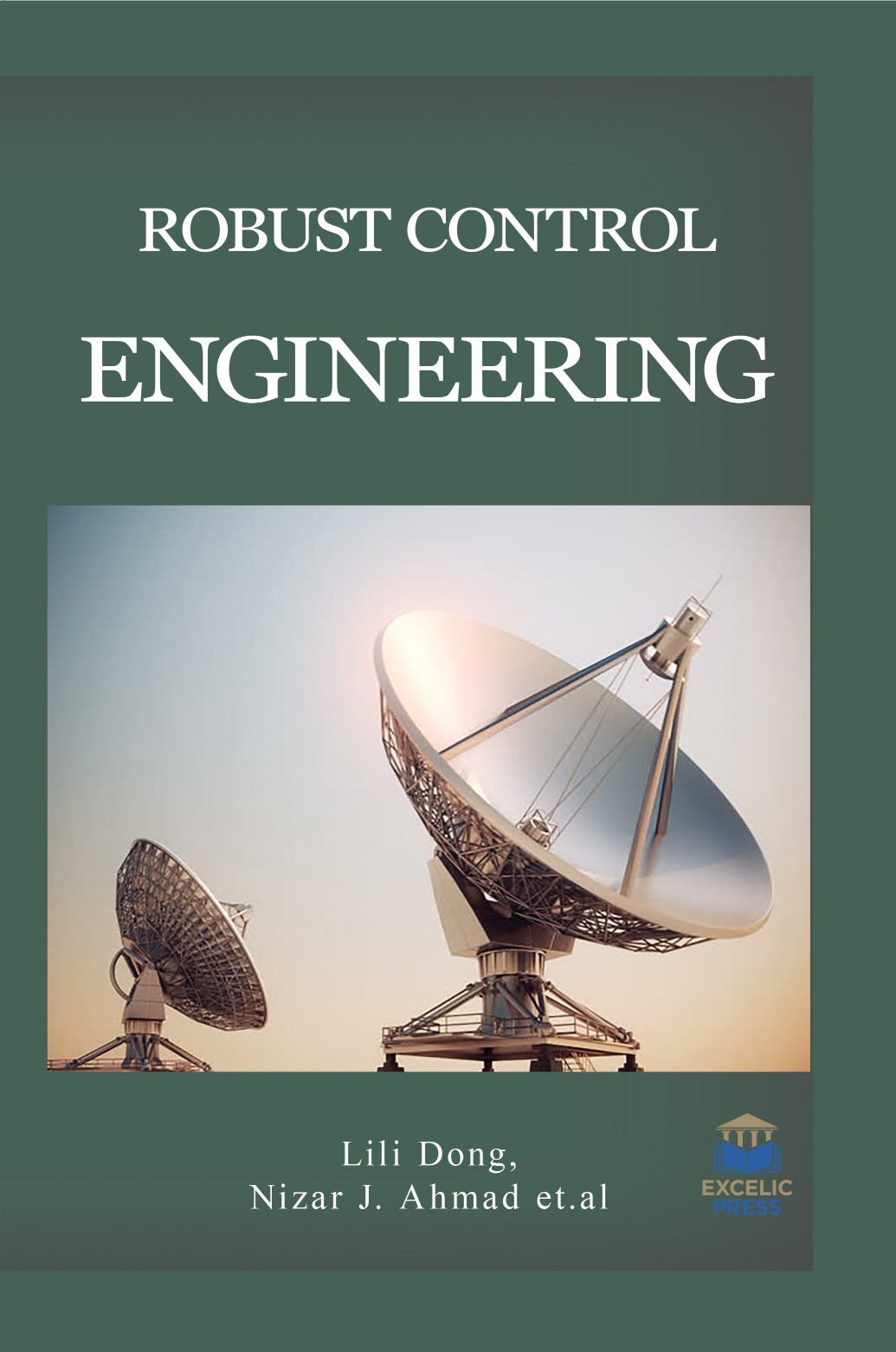The theory of “Robust” Linear Control Systems has grown-up extraordinarily over the past ten years. Its acceptance is now increasing over the industrial environment where it is a vital tool for analysis and design of servo systems. This rapid penetration is because of two major advantages: its applied nature and its relevance to practical problems of automation engineer. The control theory is associated with influencing systems to comprehend that convinced output quantities take a desired development. These can be technical systems, like heating a room with output temperature, a boat with the output quantities heading and speed, or a power plant with the output electrical power. These systems may well be social, chemical or biological, as, for instance, the system of national economy with the output rate of inflation.
This book ‘Robust Control Engineering’ is intended to present a wide range of well worked out, recent theoretical and application studies in the field of robust control system analysis and design. Since this area is still evolving, this book will mainly seek to provide a state of the art with emphasis on methods already proven and the underlying philosophy to advance the current progress in the field, and motivate and encourage new ideas and solutions in the robust control area. It includes real-world case studies and examples including commercial wind turbines, wastewater treatment plants, power systems, spacecraft, and industrial manufacturing systems. It covers the theory and design of regulating and tracking systems, but related areas such as linear and nonlinear filtering, condition monitoring and fault estimation are included. The physical modeling, simulation and identification of systems that may be uncertain or nonlinear is of concern. All aspects of the theory and techniques used in nonlinear control and estimation are also included ranging from gain scheduling to networked robust or nonlinear control systems.
This guide brings together the latest key findings on research and development trends in this field, allowing both academics and industrial practitioners to find new insights and gain from each other’s experience.













